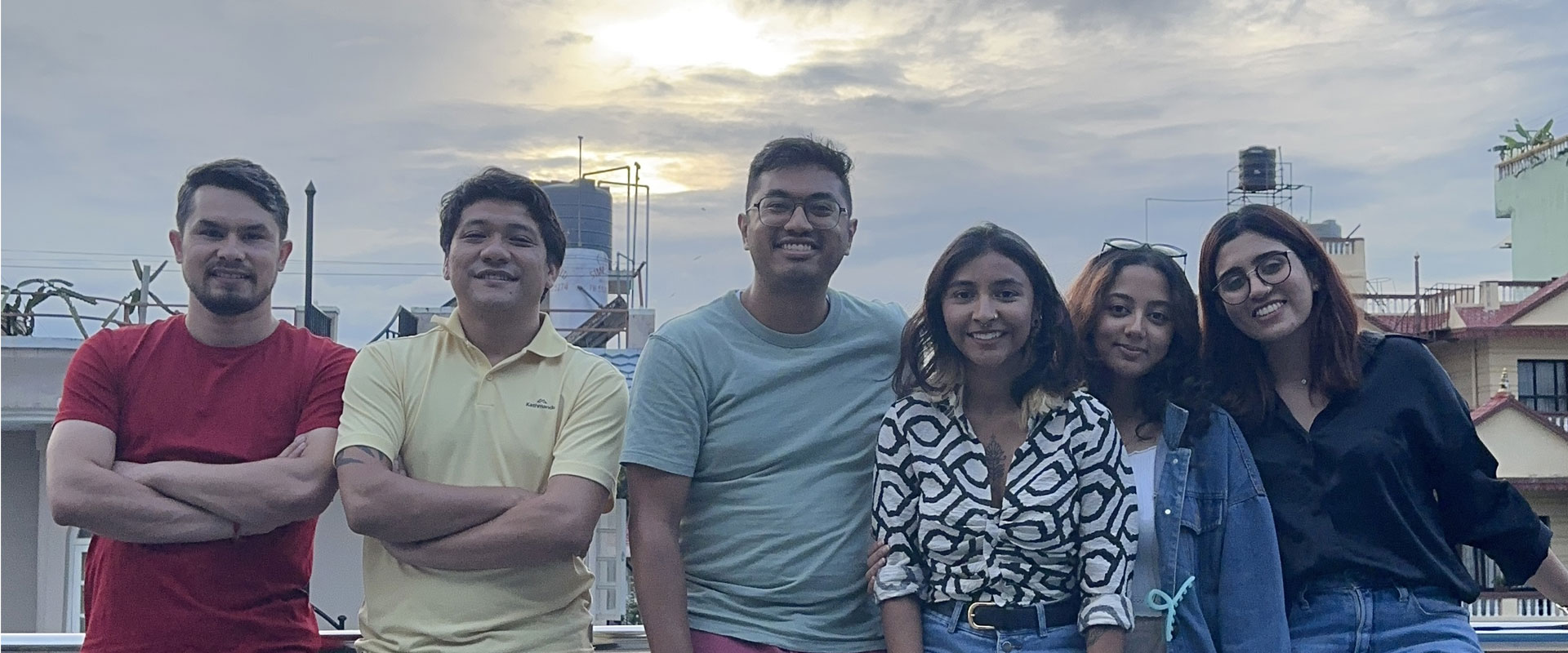
Dr Grant Mitchell is a visionary global civil society leader with 25 years’ experience in non-profit leadership, governance, research, mentoring and advocacy on human rights issues, including working with Non-Government Organisations (NGOs), United Nations (UN) bodies and governments in Africa, Americas, Asia Pacific, Europe and the Middle East.
Grant’s expertise lies in exploring and developing practical and effective strategies for change. He has extensive experience in advocacy work with communities, NGOs and UN bodies on refugee, asylum seeker and statelessness issues at the international, regional and national levels. A social anthropologist, his recent PhD thesis focuses on how civil society can effectively engage governments for rights-based policy change. The model of effective engagement he developed has been “a new, original, and potentially life-changing contribution” for human rights advocacy.
Grant was the the International Detention Coalition, a global civil society network working to secure the rights of people impacted by immigration detention, which led the release of children from detention in more than 10 countries. He has also previously worked with the Swedish Migration Board, the Red Cross, was a founding member of the Asia Pacific Refugee Rights Network and sat on a number of government committees, including the US Obama administration’s Asylum Family Case Management Reference Committee.
He is currently the Head of Advocacy for the Institute on Statelessness and Inclusion (ISI) overseeing its ambitious and expanding Advocacy Programme aimed at providing direct advocacy support to country-partners and to develop strategic global advocacy campaigns. He also sits on the newly developed Taskforce of the Global Alliance to End Statelessness, an initiative of UNHCR that seeks to accelerate solutions to statelessness through a collective multi-stakeholder approach which centers those who are stateless or formerly stateless.
Dr Mitchell won the Australian Human Rights Award in 2002, and was nominated for the 2004 French Human Rights Prize for his work with women and children in immigration detention.
